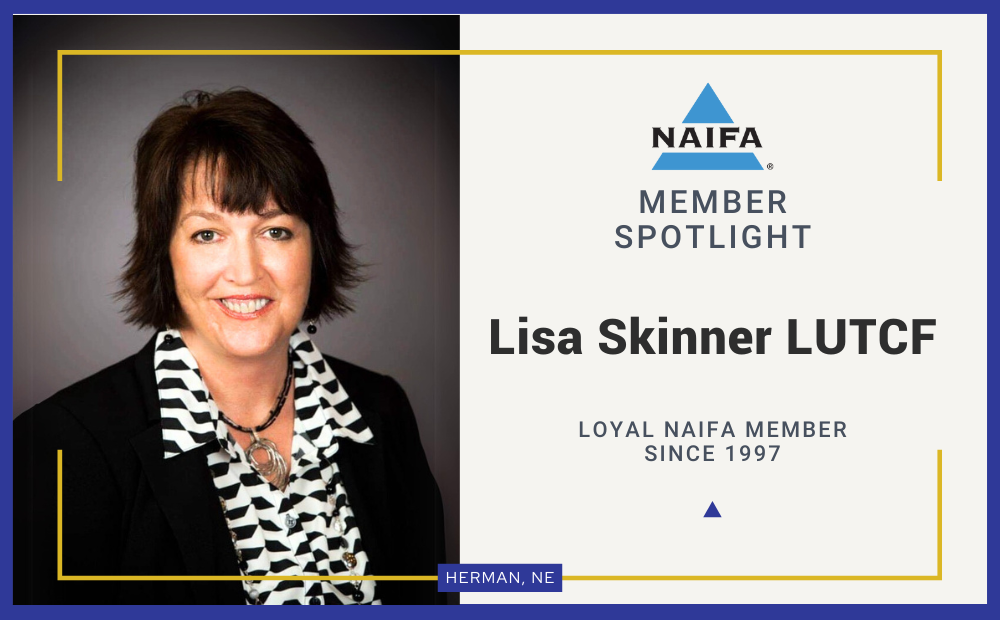What customers value most changes constantly, and the pace of change has increased exponentially with the economic recession. Businesses that become relevant by addressing what their customers really value at any given time will be the first ones out of the recession. One year ago, people were looking for financial stability in companies they were purchasing from because of all of the business closings. Now, on-time delivery outranks that because so many businesses cut back their inventory during the worst of the recession. With demand increasing, customers have more difficulty getting what they want on time.
If you don’t value what you bring to the customer, they won’t value it, either.
My firm, Smart Advantage, Inc., analyzed more than 150 customer surveys to learn why customers buy particular products or services from particular companies. It’s an essential practice for any business owner during any economic cycle, but most don’t do it. My analysis of 10 years of double-blind customer market research for more than 100 businesses revealed that, 90 percent of the time, most businesses do not know their customers’ top values. They are often shocked to learn what is at the top of their customers’ value list.
The following tips will help you get to know your customers and potential customers so you can deliver what they want and adjust your sales and marketing message to become more relevant:
- Customers are usually looking for “how” things are sold, not “what.” For most products, there are many suppliers. If someone wants to buy a camera, a doorknob or a car, for example, he can drive to the nearest store or order from the first company that pops up on Google. But he doesn’t. Why? Because there’s something else he values more than the product itself. It may be product durability, the company’s reputation for customer service, or safety features. If you don’t value what you bring to the customer, they won’t value it either. Very few companies know how to effectively articulate what differentiates them, so price often becomes the tiebreaker.
- Understand that existing customers and prospects usually have different values. My company research analysis shows that 70 percent of the time, customers and prospects differ in what they value the most. When that happens, your message to customers should be different from your message to prospects. Very few companies make this distinction in sales and marketing messaging. Existing customers may have come to depend on your top-notch help desk—it’s what they’ve grown to value most about your company. On the other hand, prospective customers haven’t yet used your help desk, so they don’t know how essential this benefit is.
- Use what you learn. If you find customers value speedy responses the most when they have a problem and your customer service department is slow, then fix customer service. Tell the customer service employees that customers have rated fast response time as their top priority. When you’ve got stats you can brag about, brag away: “98 percent of customer calls are returned within 30 minutes; 2 percent within 1 hour.” Now you’ve used that information in two valuable ways--to make your company more relevant to customers, and to let customers know you’ve got what they want.
- Invest in disciplined customer research. Research data collection costs have gone down 30 to 35 percent in the past few years and can now be affordable to smaller companies. Double-blind customer market research is the gold standard and well worth the expense, but it’s not feasible for all companies. However, even a small investment in research can reap huge returns. Some less expensive and free alternatives to find out what your customers want include sharing the expense of the research with an industry association, partnering with an organization that needs the same information as you do or with a peer that doesn’t compete with you, hiring a college intern, or creating an online survey using a free basic service such as Survey Monkey.
By Jaynie Smith
---------
Jaynie L. Smith is CEO of Smart Advantage, Inc., a marketing/management consultancy whose clients range from mid-sized to Fortune 500 companies. She consults with CEOs and executives to help them define their companies’ competitive advantages. Her newest book, Relevant Selling (www.smartadvantage.com), is now available.








.png?width=300&height=300&name=CC%202025%20Ad%20(300%20x%20300%20px).png)
.png?width=300&height=600&name=Tax%20Talk%20Graphic%20-%20email%20tower%20(300%20x%20600%20px).png)



.png?width=300&name=NAIFA-FSP-LH%20with%20tagline%20-%20AT%20blog%20email%20ad%20(300%20x%20250%20px).png)
.png?width=728&height=89&name=2024%20Congressional%20Conference%20(728%20x%2089%20px).png)
